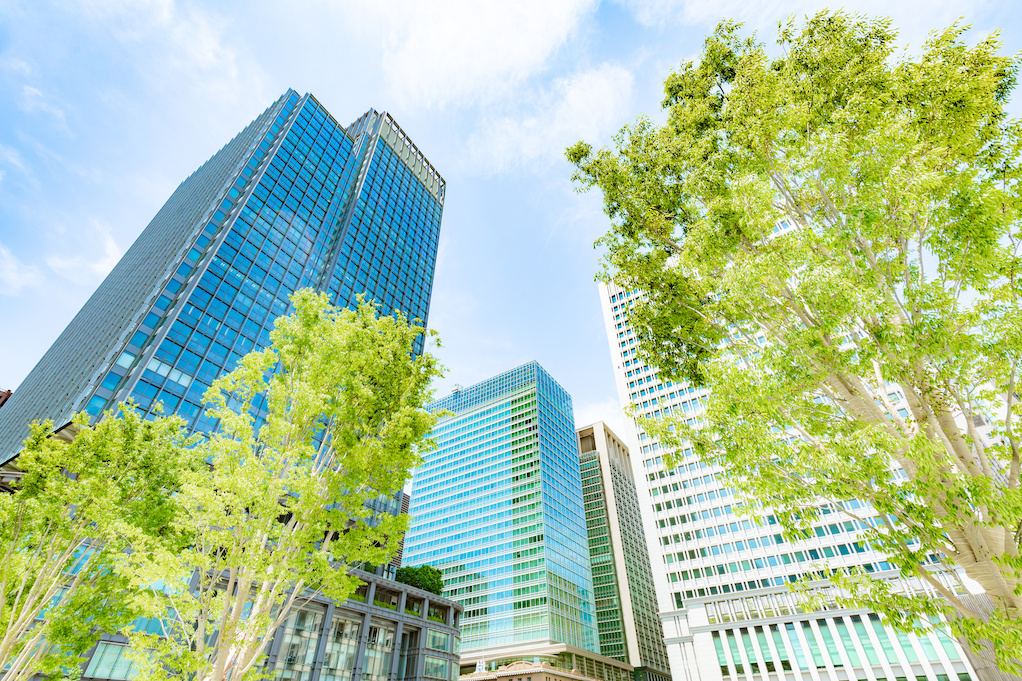In recent years, the push for environmental accountability has made its claim on the commercial real estate industry. So, what does this mean for your CRE portfolio?
Depending on your location, your responsibility to adhere to these regulations will vary, but corporations everywhere feel the effect of this trend toward sustainability. Green standards affect building construction, maintenance, renovation, and occupancy. So, if you are a commercial tenant, read on. We will guide you through what you should know about environmental building standards so you can prepare your CRE portfolio.
As tenant reps, we are responsible for staying on top of the latest trends and regulations in commercial real estate as they develop. Protecting the interests of our corporate clients demands the latest market knowledge, including environmental stipulations.
So, to prepare yourself as environmental regulations become more widely integrated into commercial real estate, we will outline everything you should know, including:
- Green standards you should know about
- How green standards affect the corporate tenant
- Implications on how businesses operate
- How utility usage may change
- Cost considerations
- Benefits of adopting green standards
Green Standards for Commercial Real Estate
Overall, environmental regulations are implemented to reduce the carbon emissions of development projects. Depending on your building, size, category, and location, the exact edicts to follow will vary. However, they share common goals:
- Increasing energy efficiency
- Increasing the sustainability of sourced materials
- Returning to carbon neutrality
- Improving air quality and efficiency of water use
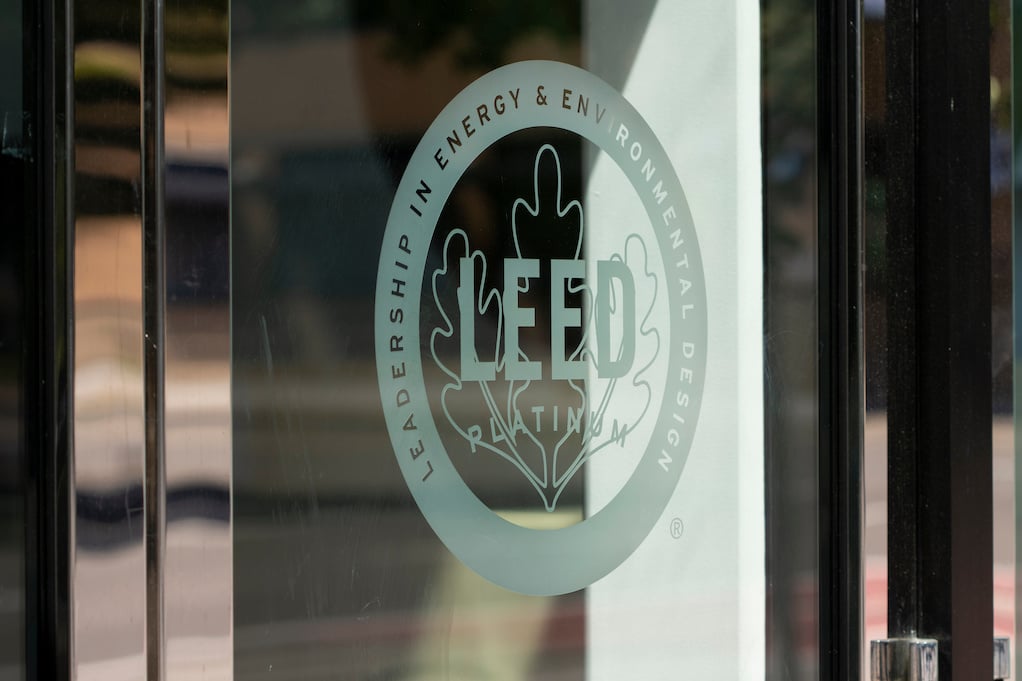
Of all the standards, the Leadership in Energy and Environmental Design (LEED) building certification program is the most widely accepted and recognized. It is a globally used point-based system that scores the environmentally responsible performance of building construction and operation.
It is considered the preeminent green building standard in the market.
How Do Green Standards Affect the Tenant?
As a commercial tenant, you should be prepared to comply with green standards. This is especially true if you are in a blue state or city. These regions will have more intensive requirements to satisfy.
For example, the cities to require the most intensive compliance are (without surprise) in states that are bad for business like New York, California, Massachusetts, and Colorado. The cities with the most ambitious policies are:
- New York City
- Los Angeles
- San Francisco
- Boston
- Denver
Of course, being in these areas will be associated with more “green” tape before you occupy your commercial space. However, with programs like the Green New Deal, it is not long before the rest of the country is also accountable for environmental regulations.

As property owners gradually transform their space to keep in line, the corporate tenant can expect some changes:
Doing Business with Environmental Standards
If you are a commercial tenant in a building that adheres to LEED or other environmental standards, it may affect how you occupy the space. For example, you may need to refrain from doing business in a way that would threaten the landlord’s certification. This would also include:
- Adopting sustainability practices
- Creating a certain number of parking spots/ charging stations for electronic vehicles
- Adhering to business hours that reduce electric consumption
- Implementing a ride-sharing program for your employees
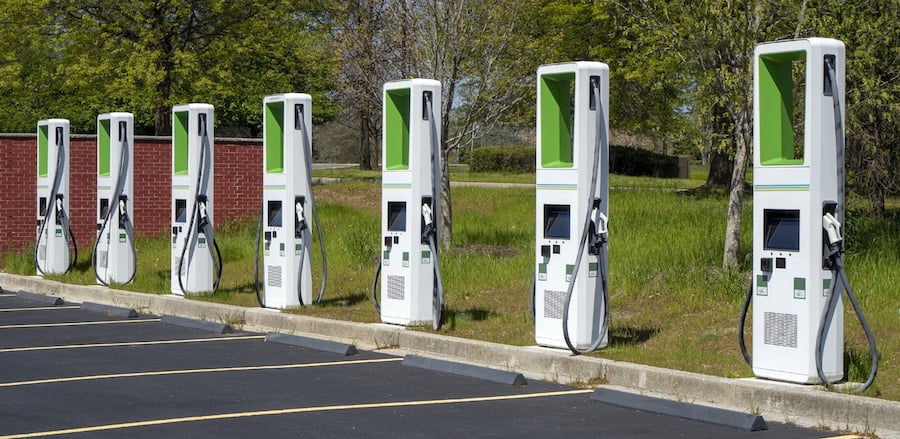
Know that LEED and other certification programs also require periodic reassessment. So, you may be required to report your utility usage for review. For tenants concerned about confidentiality, this could be a concern.
How Your Utility Usage May Be Affected
Occupying a building that maintains green standards will likely strongly influence utilities and how they’re billed. For example, if we look at the New York City Climate Mobilization Act, buildings that exceed 25,000 feet will need to reduce their greenhouse gas emissions by 40 percent by 2030.
This goal will rely heavily on environmentally minded utility consumption, which can mean many things. Operating expenses may change according to:
- Temperature ranges and controls
- Climate controls
- Ventilation
- Water usage
However, tenants should ensure that controls still provide adequate levels for use.
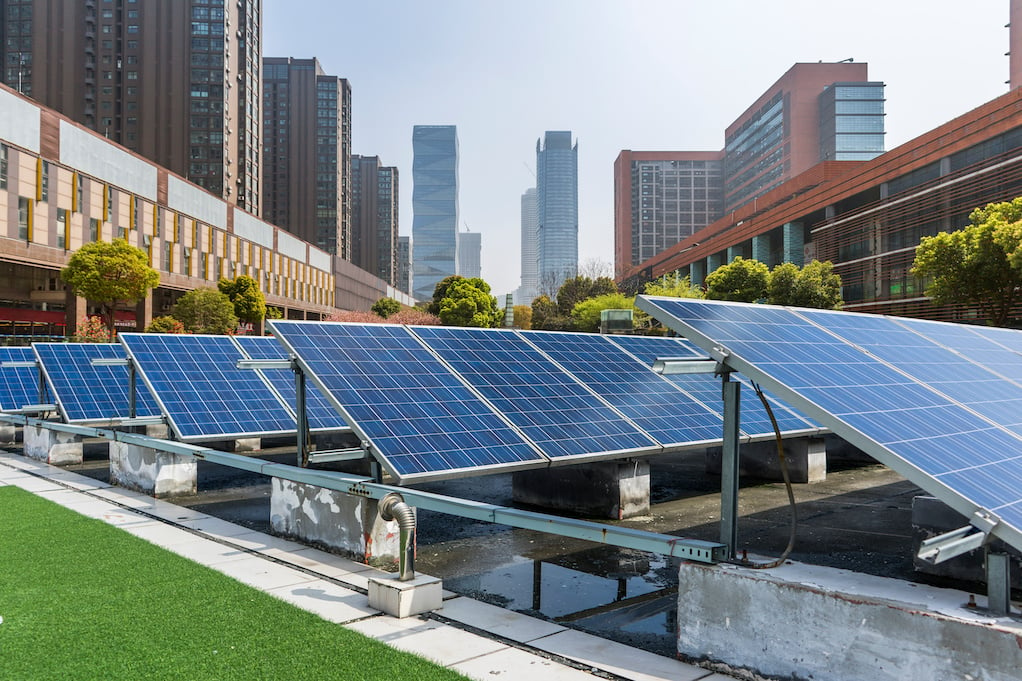
Or traditional utilities may be opted out for more renewable sources. For instance, fossil fuels may be replaced by solar or wind power. As such, the tenant should clearly understand their (partial) responsibility to cover the cost of operation.
On the other hand, to incentivize conservation, a landlord of a multi-tenant building may bill their tenants’ utilities according to a sub-metering arrangement. In that case, electricity usage will be individually tracked, and the tenant can pay the actual costs. This can be an advantageous method for landlords to improve the building’s overall performance and sustainability. This arrangement is contrasted with a full-service lease, where there is no direct accountability for utility usage.
Implications of Green Standards on Your Budget
Green buildings are generally more expensive. This is partly because they are generally equipped with more modern fixtures. Similarly, environmentally conscious buildings typically lean towards the state-of-the-art.
On the other hand, alternative energy sources generally require more substantial upfront costs. Then, there is the cost of LEED or other standard certifications and recertifications. More funds are needed to keep the building up to code.
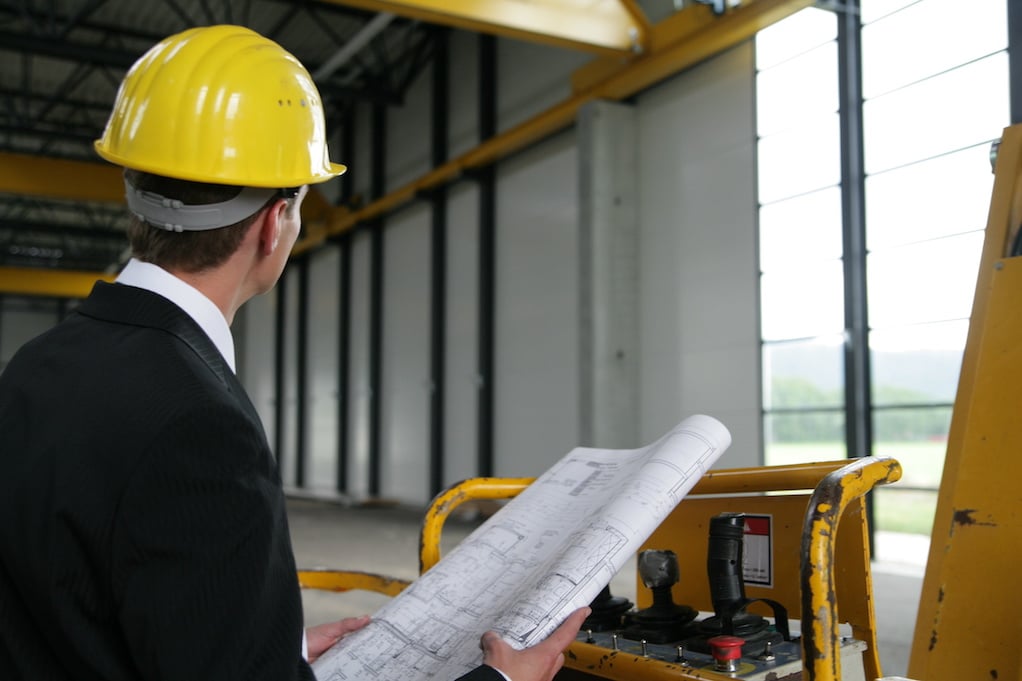
If you are a tenant in a green building, what does this mean for your budget? First, you should be hyper-aware of your responsibility to cover any of these expenses. Landlords will likely attempt to pass most of the costs on to their tenants.
For example, let’s say that you are signing a ten-year lease in a new building that is being equipped with environmentally conscious power sources. Your landlord is planning to include solar power panels. This capital equipment has a usable life of twenty to thirty years. As such, even after you leave, it will still be in place for another tenant. Since you are not the only party benefitting from its use, your budget should not be responsible for the build-out of this equipment.
Signing a lease in a green building will also have other implications for your work letter. You may be able to negotiate a higher tenant improvement allowance to cover the costs associated with necessary environmental enhancements that qualify for LEED or other certifications. The landlord’s allowance should include any costs required to deliver the building to its ecological standard.

The Benefits of Adopting Green Standards
As environmental regulations become more widely implemented, easing them in now can be a great way of getting ahead of the trend. Commercial real estate offices are not the only buildings affected either. Schools, retail, hospitality, warehouses and distribution centers, and healthcare sectors also face their own standards for environmental compliance. So don’t wait to be legally forced to update your sustainability practices. Get in on the ground floor now.
Also, in an age where the ethical face of businesses drives consumerism, adopting green standards is an excellent method to promote brand image. Many companies have already found success after adopting environmentally conscious reputations and methodologies.

Similarly, there are numerous tax incentives and government-sponsored programs for companies that update their sustainability. This can be a great way to cut costs while improving your corporate image.
How a Tenant Rep Can Help with Green Standards
Green building standards are not necessarily new, but they have become far more common. Unfortunately, adopting environmentally conscious methodologies can be an overwhelming and expensive endeavor for the unprepared tenant.
Luckily, you can work with a tenant rep. They can help you keep up to date with current standards for commercial real estate. Similarly, they will protect your interests in negotiations with your landlord. Whether this means negotiating a higher tenant improvement allowance or finding the most optimal operating expenses, they will secure the best prices and features.
Learn more about why you should work with a tenant rep.
Wondering where to begin?
Related Content
- New Green Standards are Coming for Corporate Tenants: Are You Ready?
- More Pressure on Corporate Tenants to Adopt ESG & LEED Standards
- How & Why You Should Integrate ESG in Your Commercial Real Estate
- LEED-Certified Warehouses: Understanding the Demand for Eco-Friendly Spaces




